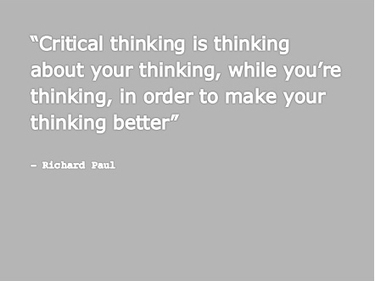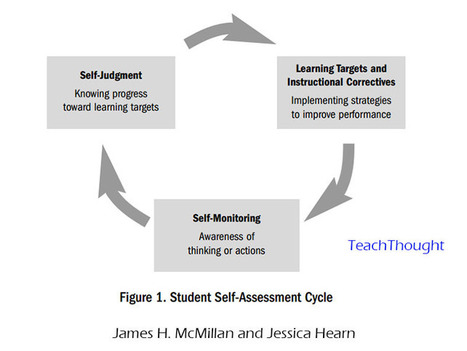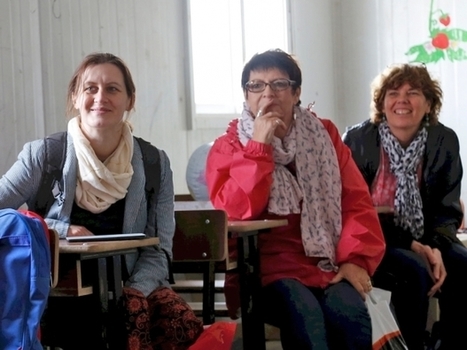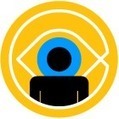Given class sizes, teaching loads, and a host of other academic responsibilities, many teachers feel as though multiple-choice tests are the only viable option. Their widespread use justifies a regular review of those features that make these tests an effective way to assess learning and ongoing consideration of those features that compromise how much learning they promote.
Research and publish the best content.
Get Started for FREE
Sign up with Facebook Sign up with X
I don't have a Facebook or a X account
Already have an account: Login
Literacy in a digital education world and peripheral issues.
Curated by
Elizabeth E Charles
 Your new post is loading... Your new post is loading...
 Your new post is loading... Your new post is loading...
|

Kimberly House's curator insight,
February 22, 2015 12:53 PM
Good reminders for teachers with iPads! |
































